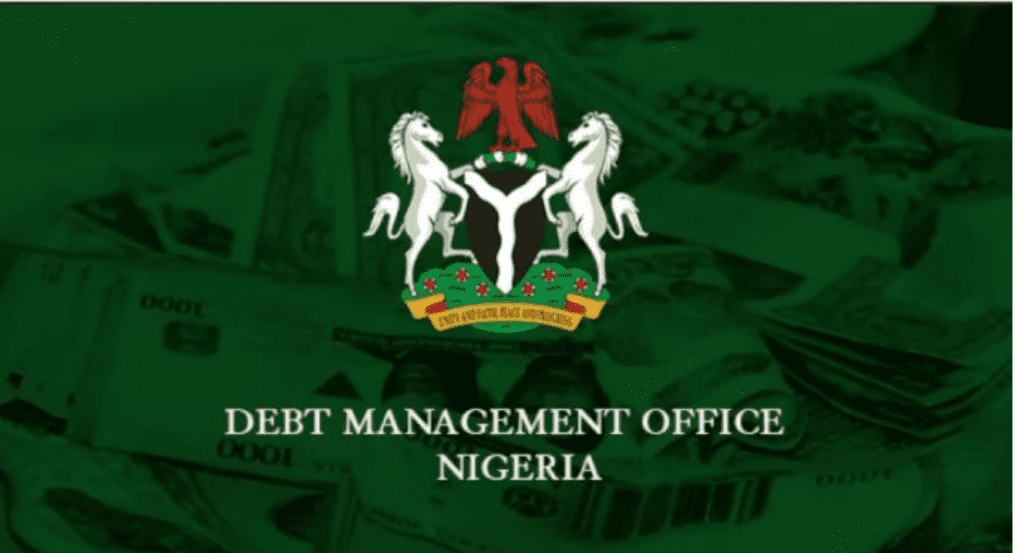Nigeria’s seven-year bond yield has hit a record high, reflecting mounting investor concerns over the country’s economic outlook and fiscal policies. According to financial market reports, the yield on the bond climbed to 17.48% on Tuesday, November 21, 2024, marking an unprecedented level for this debt instrument.
This surge in bond yields indicates heightened investor demands for higher returns to offset perceived risks associated with lending to the government. Analysts attribute the development to various factors, including growing fiscal pressures, rising inflation, and uncertainties surrounding monetary policy direction.
The Central Bank of Nigeria (CBN) recently implemented several interest rate hikes to curb inflation, currently hovering above 26%. While these measures aim to stabilize the economy, they have increased the cost of borrowing, further complicating the government’s ability to finance its budget deficit.
Economic experts highlight that higher bond yields, while attractive to investors, pose challenges for the government by making debt servicing more expensive. Nigeria’s debt-to-GDP ratio has been a growing concern, with the International Monetary Fund (IMF) warning of potential sustainability risks if reforms are not implemented.
Market participants believe the record bond yield reflects broader investor sentiment regarding Nigeria’s economic environment. Foreign investors, in particular, are cautious due to currency devaluation fears and the lack of clarity on policy reforms. Meanwhile, local investors are navigating rising interest rates and volatile market conditions.
The Nigerian government has reaffirmed its commitment to addressing economic challenges, including fostering an environment that attracts investment and ensures fiscal discipline. However, financial analysts suggest that resolving structural economic issues, such as diversifying revenue sources and curbing public spending, will be critical to restoring investor confidence.
The record-high yield on the seven-year bond signals an urgent need for the government to recalibrate its fiscal and monetary strategies. As the debt market reacts to these dynamics, all eyes remain on Nigeria’s policymakers to implement measures that stabilize the economy and reassure stakeholders.























